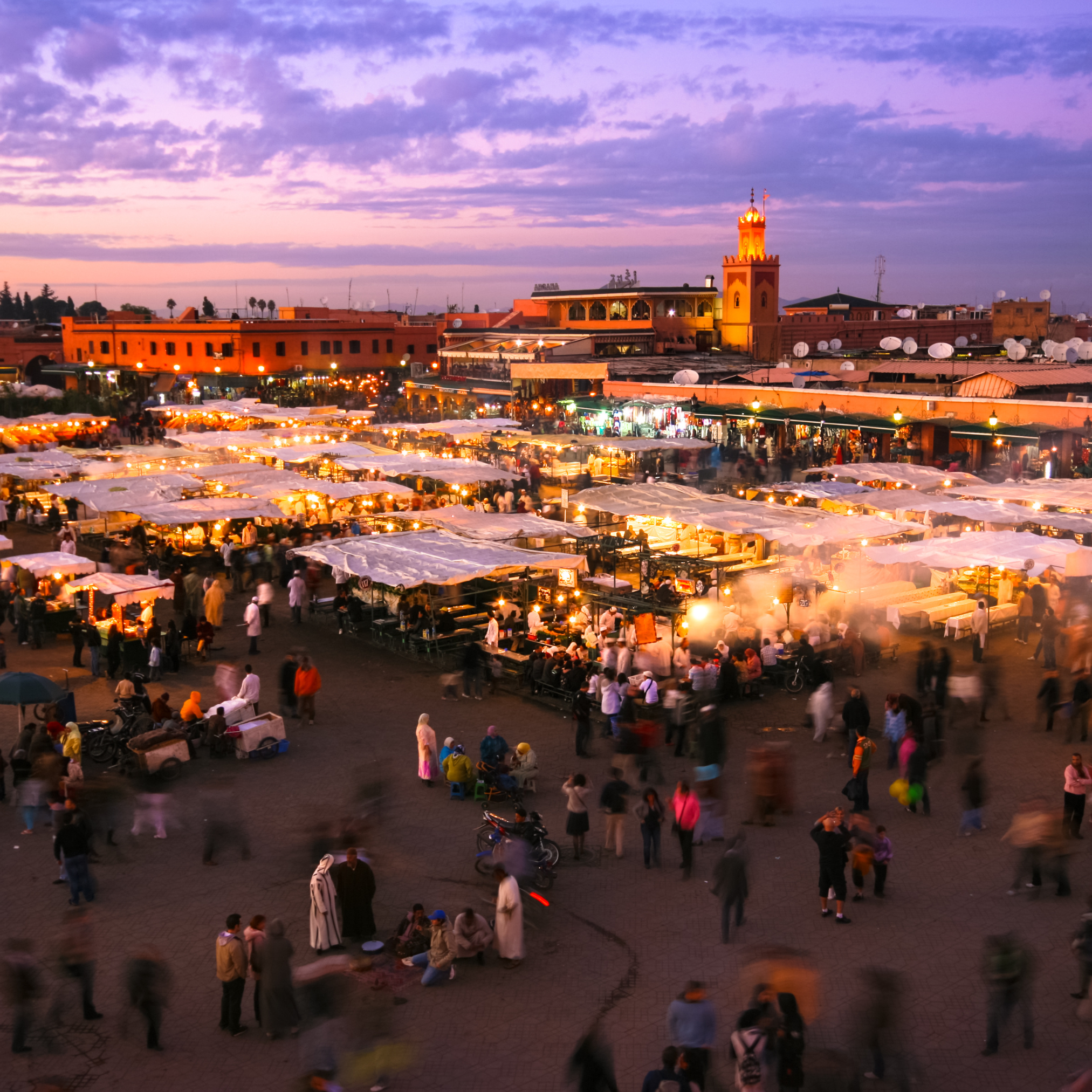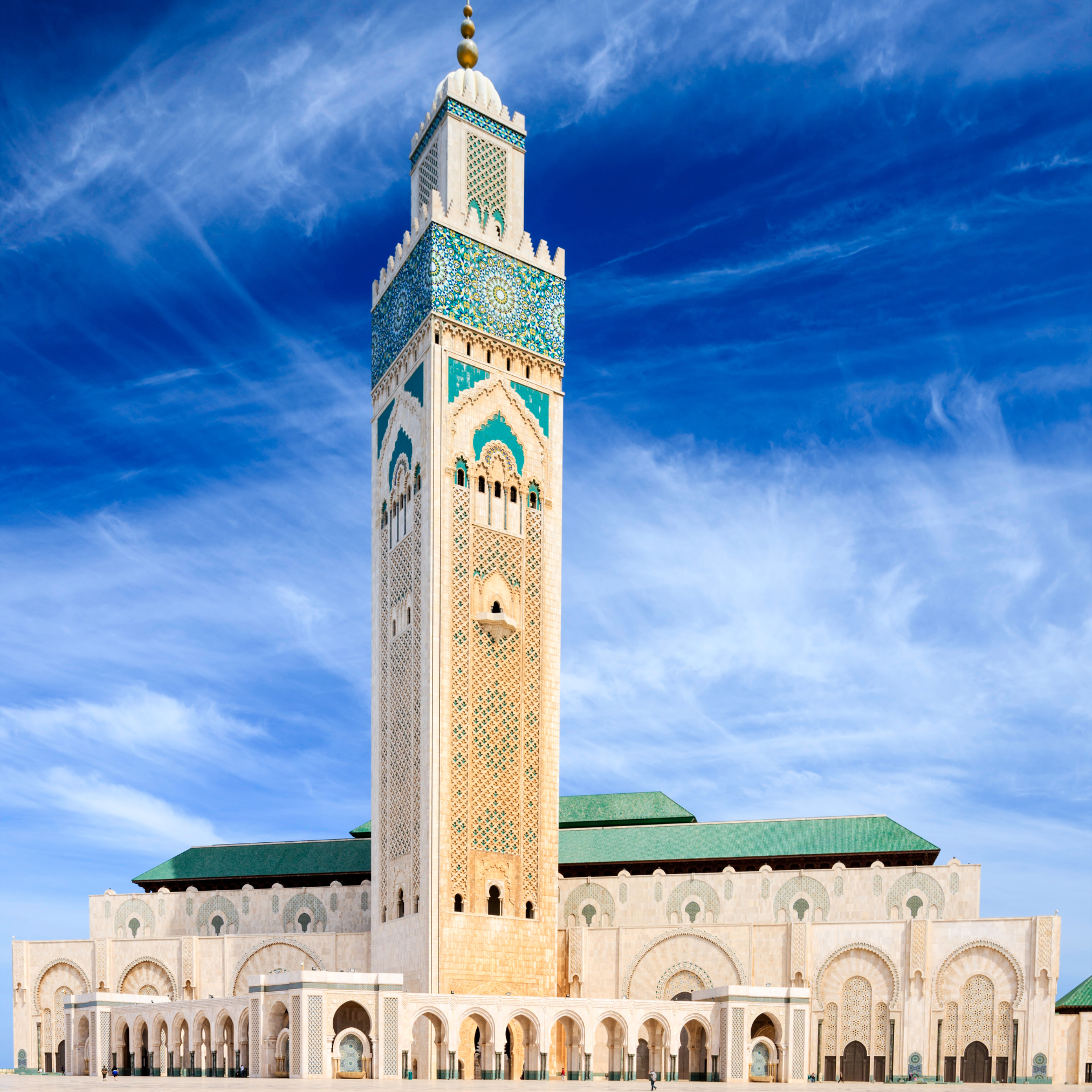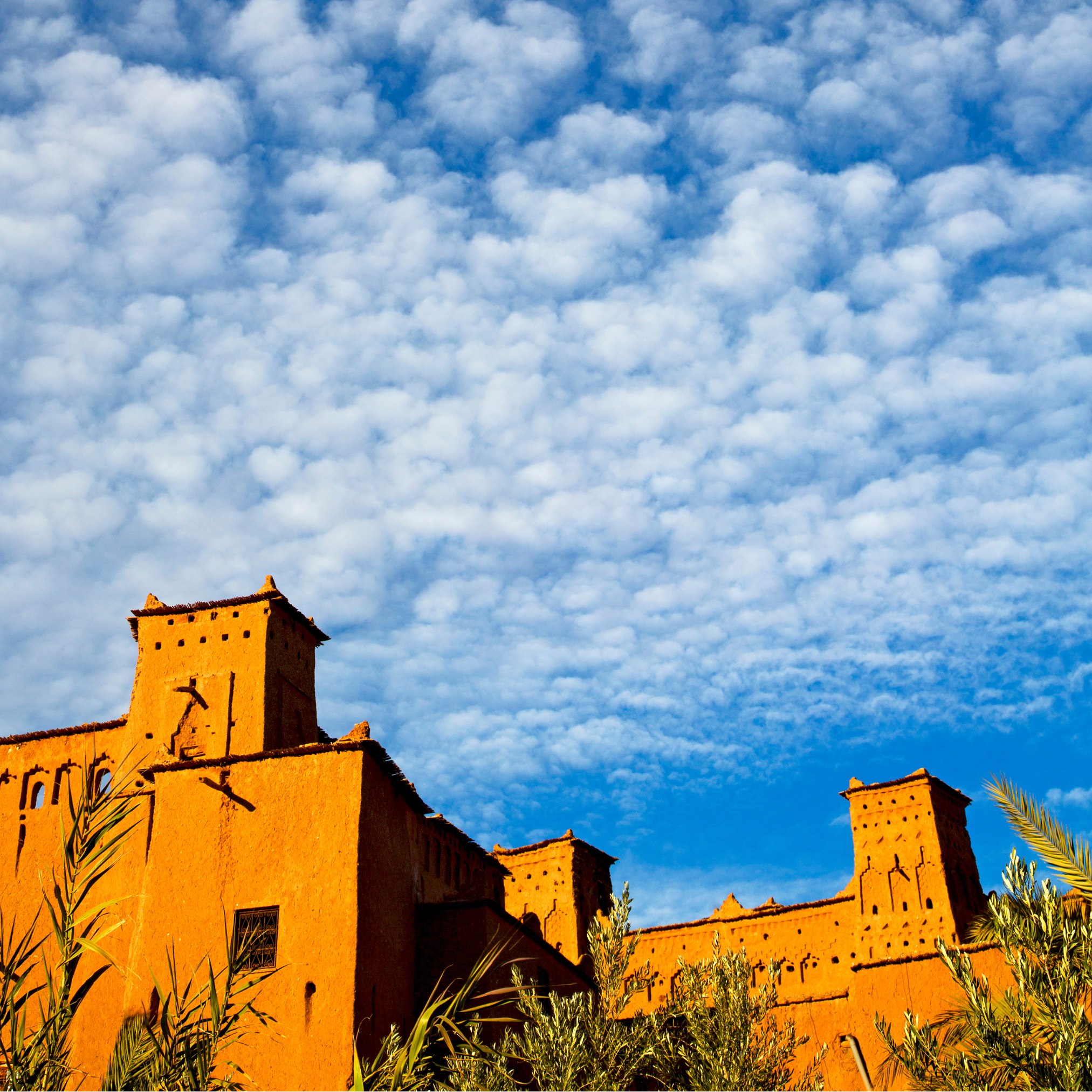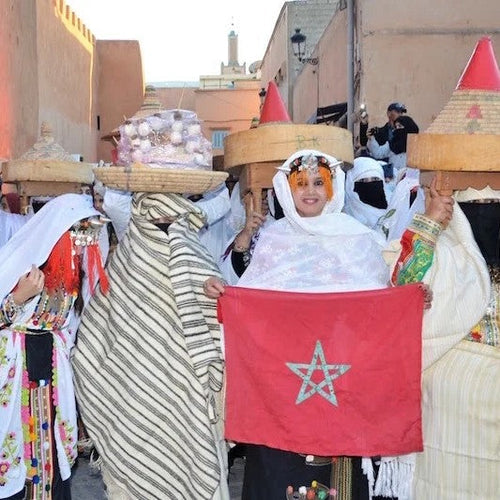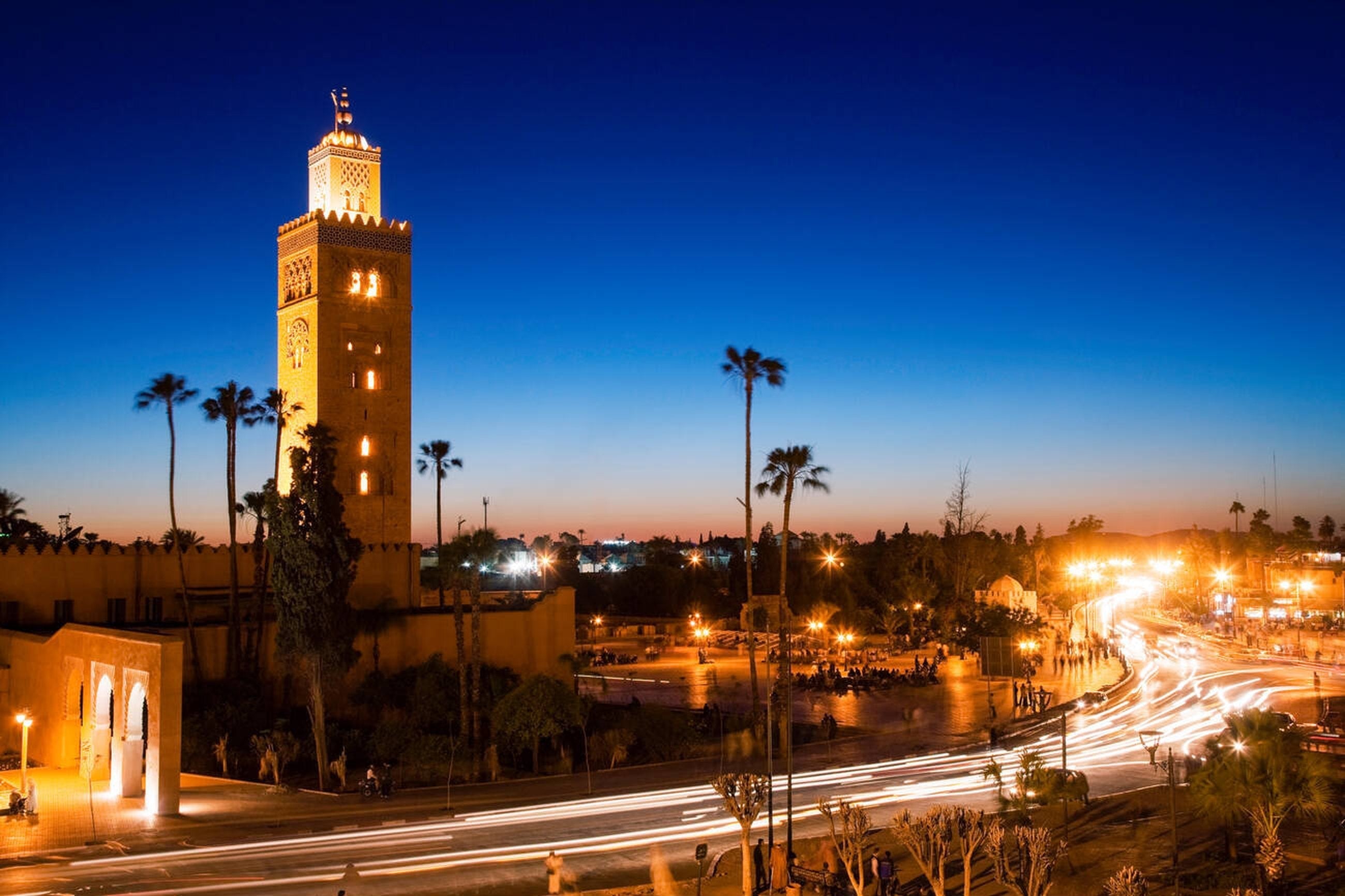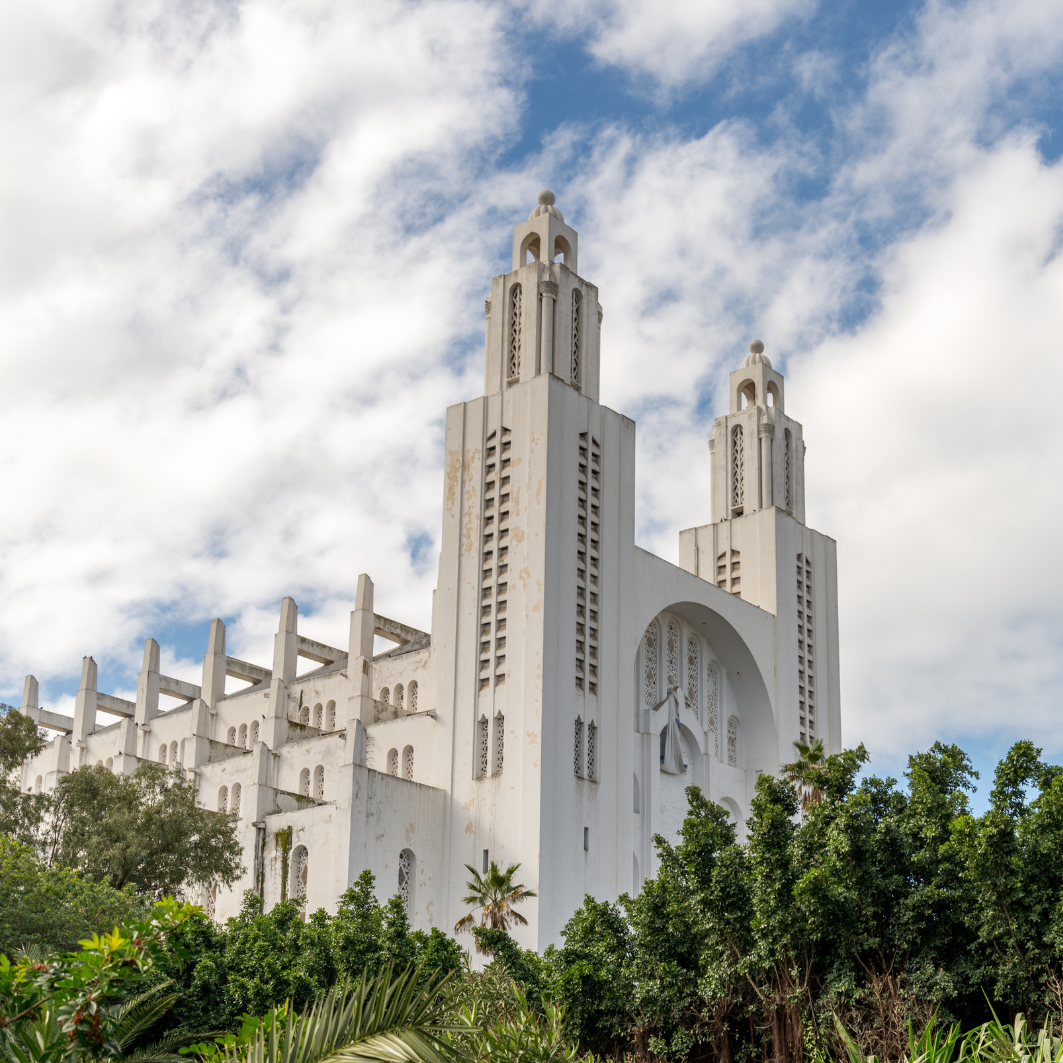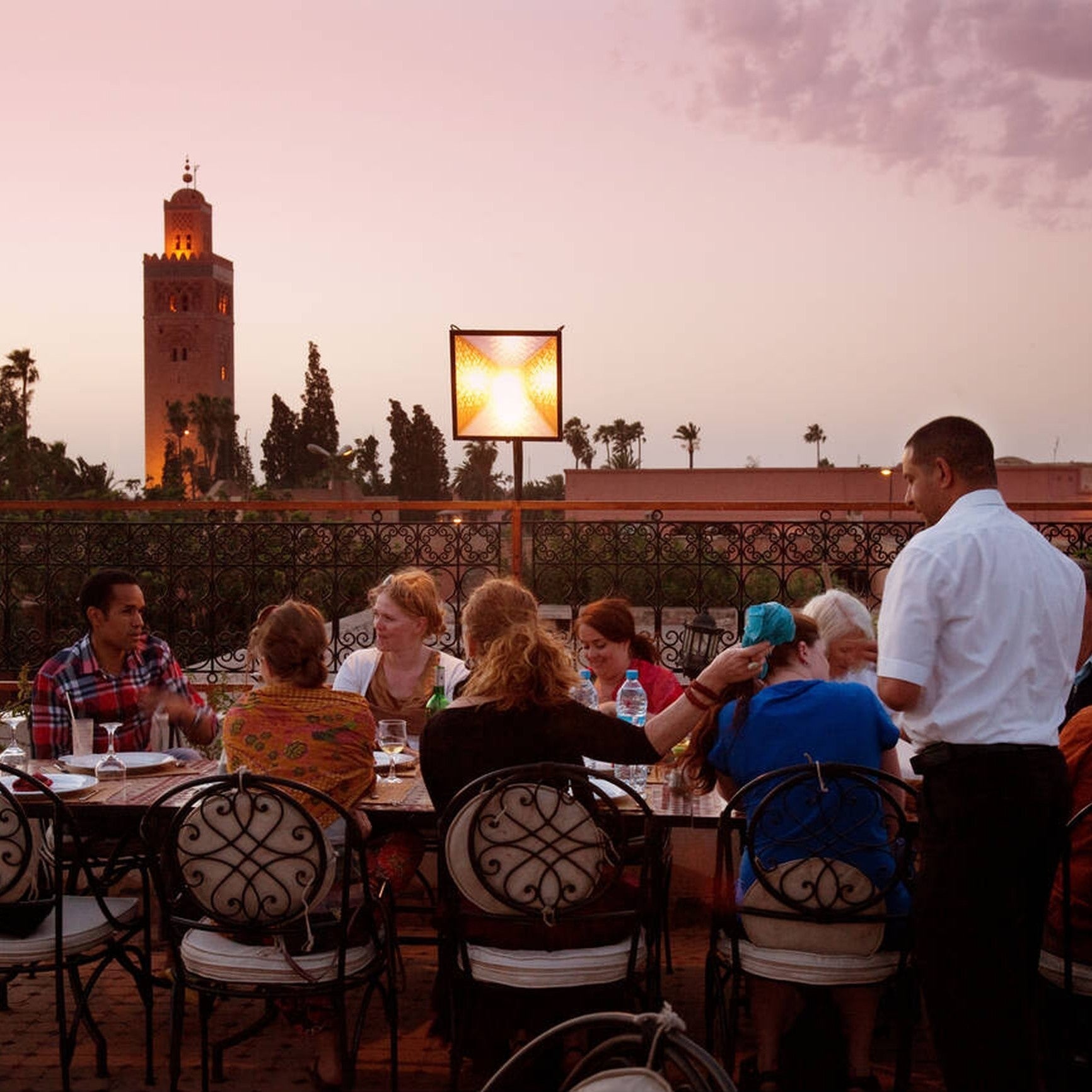Introduction
On Tuesday, January 14, Moroccans celebrated the Amazigh New Year, a major event that reflects the great care that His Majesty King Mohammed VI has for Amazigh culture and heritage, and the continuous efforts made by the Kingdom, under the insightful leadership of His Majesty the King, to promote the values of tolerance and coexistence in all fields.
This is the second consecutive year that Moroccans celebrate the Berber New Year as an official paid national holiday, on the same day as the first day of the Islamic month of Muharram and the Christian New Year.
This celebration follows the announcement on May 3, 2023 of the Royal Decision to establish this official paid national holiday, with the aim of preserving cultural diversity and strengthening the gains made in promoting Berber culture and language since the historic speech delivered by His Majesty the King in Ajdir in 2001.
In a statement to Maghreb Arab News Agency, Ahmed Boukus, president of the Royal Amazigh Cultural Academy, considered the formalization of the new Amazigh year a "significant event" that falls within the framework of the Royal Initiative aimed at promoting and strengthening the Amazigh national cultural heritage.
He stressed that "the formalization of the Amazigh New Year contributes to the recovery of part of our collective historical memory and the revitalization of the social and cultural customs of the Amazigh people, thus strengthening the special identity of the Kingdom of Morocco."
He pointed out that today various institutions and governments, including those abroad, celebrate this historic event and stressed that the efforts made by the State in promoting the Amazigh language and culture are "undeniable achievements."
"There is no doubt that there are still some challenges and constraints that need to be overcome to accelerate the pace of promoting the teaching of the Amazigh language", he added, in order to strengthen its integration in public administration and make it a lever for achieving development.
Speaking of the Royal Institute of Amazigh Culture’s efforts in this regard, Mr. Boukus noted that, following the constitutionalization of the Amazigh language in 2011 and the promulgation of the organic law defining the procedure for activating the official language identity of Amazigh, the Institute directed its activities to meet the needs and aspirations of the Kingdom’s institutions, particularly in the integration of the Berber language into public administration.
He added that these initiatives have led to the signing of several cooperation agreements and the creation of training courses in the Amazigh language for employees and agents of public administrations at the initiative of the Royal Institute of Amazigh Culture.
The Institute also oversees the preparation of training courses that meet the expectations of the ministries, in collaboration with the Ministry of Digital Transformation and Administrative Reform.
He noted that the workshops aimed at activating the official status of the Amazigh language are gaining momentum in all public administrations, as evidenced by the continued commitment and cooperation of the various institutions involved.
Amel Falah Seghrouchni, Deputy Minister of the Head of Government in charge of digital transformation and administrative reform, took the opportunity to emphasize that the promotion of the Amazigh language is a national and collective responsibility and stressed that the Government has given priority to the promotion of the Amazigh language by launching the provisions of the organic law, which stipulates the procedure for launching the official status of the Amazigh language and the methods for its integration into key areas of education and public life.
In a similar statement, Ms. Seghrouchni highlighted several concrete measures taken by the Ministry to strengthen the presence of the Amazigh language in public facilities, in particular the provision of 464 Amazigh-speaking employees in some administrative departments of the Kingdom to ensure better communication with citizens, in addition to the mobilization of 69 Amazigh-speaking employees in 10 call centers using the Berber language.
She explained that the Ministry is also working on integrating the Amazigh language into 3,000 signs and signboards to establish this language in the visual image of public administrations, an important step in promoting the status of the Amazigh language in public space, noting that a study is currently being prepared to assess its integration into the official websites of 158 public administrations.
Regarding future projects, the Minister announced plans to hire 1,684 Amazigh-speaking agents in 2025 for reception and guidance in 19 ministry departments, in addition to supporting local authorities in the integration of the Amazigh population through a demonstration project that includes 40 communities and signing a partnership agreement aimed at promoting the Amazigh language in the public administration sector.
Source: Royal Morocco
If you want to know more about Morocco, please refer to our blog: Morocco travel guides.
Planning to travel to Morocco? You can refer to these itineraries for inspirations:
3-Day Sahara Adventure: Marrakech to Fes via Ait Benhaddou & Merzouga Desert
5-Day Journey through Northern Morocco: A Blend of History and Culture
7-Day Morocco Adventure: A Custom Journey from Marrakech
13-Day Moroccan Odyssey: A Custom Journey from Casablanca
Want to customize your Morocco travel itinerary? Feel free to contact us for personalized tour experiences:
Email: [email protected]
WhatsApp: +212713053383
WeChat: MLG0714624860



